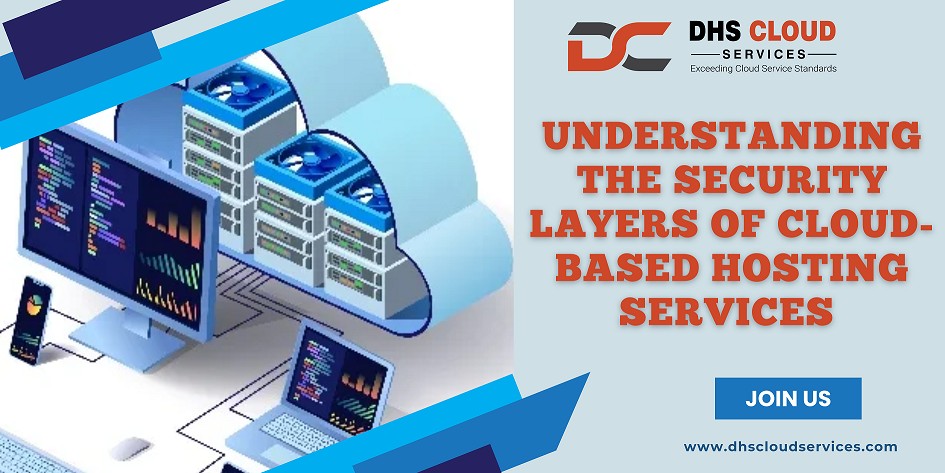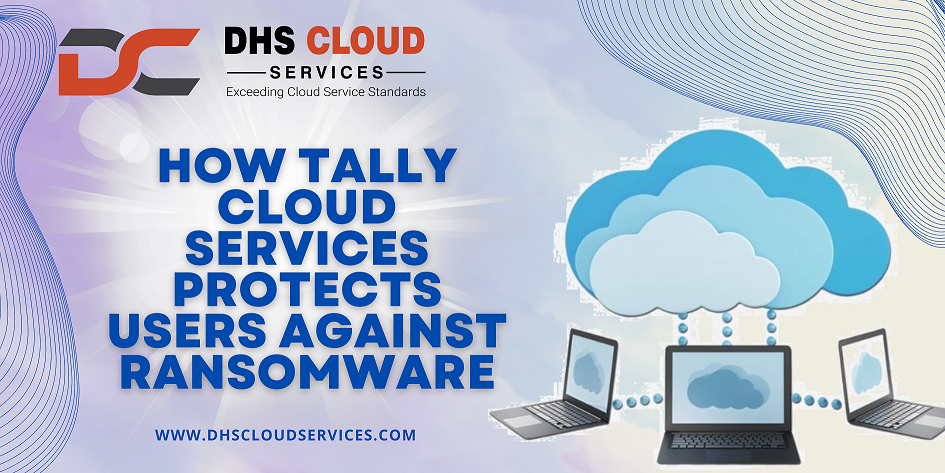Understanding the Security Layers of Cloud-Based Hosting Services
Data is among the most valuable assets of a business in current times. As companies move their operations to the cloud, protecting that data becomes a top priority. Cloud-based hosting services come in handy here as they provide scalability, reliability, and most importantly, high security.
In contrast to on-premise servers, cloud hosting services have multilayered security that ensures the safety of data at every stage, including storage, transmission, user access, and recoverability. DHS Cloud Services ensures that each client has a secure, efficient, and uninterrupted cloud environment that suits their business requirements.
In this blog, let’s break down the core security layers that make cloud-based hosting services a safer and smarter choice for modern businesses.
1. Data Encryption: Protecting Information at Rest and in Transit
Encryption is one of the first and most important defenses of cloud hosting. Any data stored on or transferred to the cloud is encrypted by cryptographic algorithms. This guarantees that even if unauthorized users attempt to intercept or access the data, it can’t be deciphered without the relevant decryption keys.
DHS Cloud Services has both at-rest and in-transit encryption. This two-fold safeguarding helps organizations to adhere to data protection laws and avoid delicate data (financial reports, client data, or user passwords) from being stolen.
The Cloud RDP (Remote Desktop Protocol) solutions are also powered by the same type of encryption and provide businesses with the ability to access their systems securely, regardless of location.
2. Multi-Factor Authentication (MFA) and Identity Management
Cloud security is based on strong user authentication. As several users can access the same hosting environment, it is critical to verify who is connecting and from where. Multi-Factor Authentication (MFA) is another protection measure that demands two or more verification factors (a password, a mobile OTP, or biometric validation).
DHS Cloud Services integrates MFA into its cloud-based hosting services, minimizing risks associated with stolen credentials or unauthorized logins. Along with the detailed identity and access management (IAM) controls, the administrators can specify who can access certain files, systems, or applications.
For more info:
https://medium.com/@dhscloudse....rvices/understanding





















